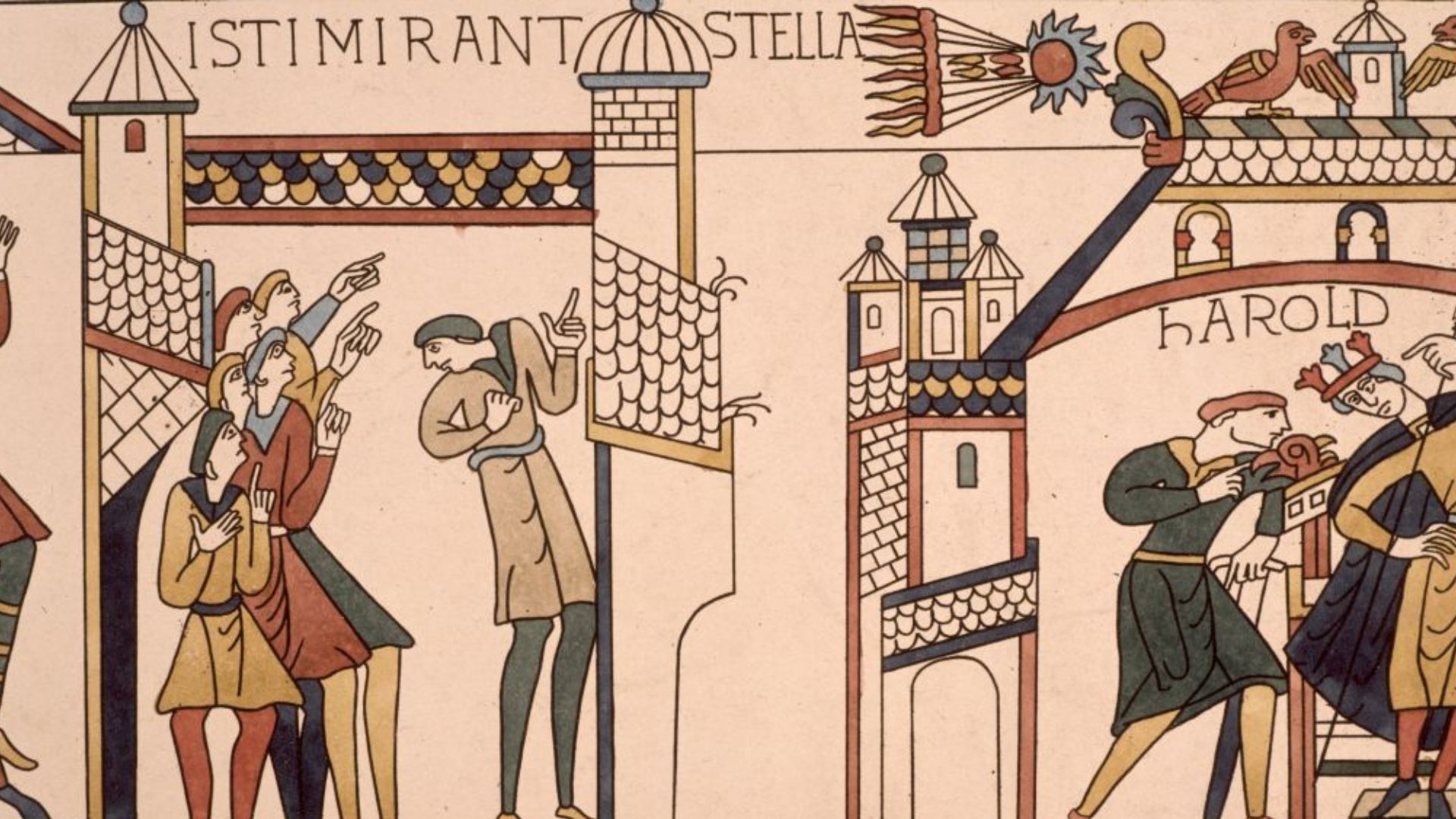Blueberries May Lower Chance of High Blood Pressure
Biological compounds found in blueberries may lower the risk of developing high blood pressure, according to a new study.
The researchers, which tracked volunteers over 14 years, found that the people who consumed at least one serving of blueberries per week were 10 percent less likely than those who ate no blueberries to develop high blood pressure, which is also known as hypertension.
Blueberries contain compounds known as anthocyanins, which are one type of flavonoid. Flavonoids, which are also found in dark chocolate, red wine and tea, are antioxidants and have been shown to reduce the risk of cardiovascular disease. But the new study showed that anthocyanins in blueberries may work better than other flavonoids at keeping blood pressure low.
"Of all of the flavonoids, anthocyanins seem to be the most protective in terms of reducing risk of hypertension," said study researcher Aedin Cassidy of the University of East Anglia in England.
Besides blueberries, anthocyanins are found in blackcurrants, blood orange juice and eggplant, said Cassidy, a member of the university's Department of Nutrition. Because an average portion of these fruits and vegetables (about 500 milligrams, or 0.02 ounces) can contain very high amounts of anthocyanins, incorporating them into the diet is "a very achievable way of reducing hypertension," Cassidy told MyHealthNewsDaily.
Blueberries and blood pressure
In the study, a collaboration between East Anglia and Harvard University, those with the highest amount of anthocyanins in their diets — mostly from eating lots of blueberries and strawberries — saw an 8 percent reduction in their risk for high blood pressure, compared with those who ate the least amount of anthocyanins.
Get the world’s most fascinating discoveries delivered straight to your inbox.
The researchers found no effect on hypertension risk in people who ate the highest amounts of other types of flavonoids.
The effects of the anthocyanins were seen even after the researchers took into account other factors that could affect the development of hypertension, including smoking, physical activity, alcohol consumption and body mass index.
Katherine Tallmadge, a spokeswoman for the American Dietetic Association, said further study would be needed to make a specific link between blueberries and lower blood pressure.
"While I would always applaud increasing one’s intake of blueberries, berries or any fruit or vegetable for that matter, I’d be careful making specific conclusions regarding blueberries and hypertension" without additional research, said Tallmadge, a registered dietician in Washington, D.C.
The researchers said future clinical trials should be conducted to test the effects of different doses of anthocyanins and different foods containing the compounds on hypertension.
Eating well to lower blood pressure
Diets rich in fruits and vegetables are already recommended for combating high blood pressure. But finding out exactly which compounds in plants contribute to the decreased risk might help people make better decisions about which foods to eat, the researchers said.
Previous studies found that foods rich in flavonoids reduce blood pressure, but in some of these studies, the dose of flavonoids was beyond what people typically consume. And no studies based on observations of people's diets have measured the effects of different classes of flavonoids on high blood pressure, the researchers said.
Cassidy and her colleagues analyzed the diets of 134,000 women and 47,000 men over 14-year periods. None of the participants had high blood pressure at the study's start. Every four years, the participants completed questionnaires about their diet.
In addition to the entire group of anthocyanins, the researchers saw blood pressure-reducing effects from certain other compounds within other flavonoid groups. For instance, a compound found in dark chocolate was associated with a reduced risk of hypertension, Cassidy said. The compounds that seemed to reduce hypertension risk all have a similar structure, which may play a role in their ability to affect blood pressure, Cassidy said.
Flavonoids may reduce hypertension by increasing the output of nitric oxide, which relaxes blood vessels and improves blood flow, Cassidy said.
The study is to be published in the February issue of the American Journal of Clinical Nutrition.
Pass it on: Compounds called anthocyanins, found in blueberries, strawberries and blackcurrants amount other fruits and vegetables, may reduce the risk of hypertension.
- 10 New Ways to Eat Well
- Black Raspberries Help Prevent Colorectal Cancer in Mice
- Hypertension: Symptoms and Treatment
Follow MyHealthNewsDaily staff writer Rachael Rettner on Twitter @Rachael_MHND.

Rachael is a Live Science contributor, and was a former channel editor and senior writer for Live Science between 2010 and 2022. She has a master's degree in journalism from New York University's Science, Health and Environmental Reporting Program. She also holds a B.S. in molecular biology and an M.S. in biology from the University of California, San Diego. Her work has appeared in Scienceline, The Washington Post and Scientific American.
 Live Science Plus
Live Science Plus





